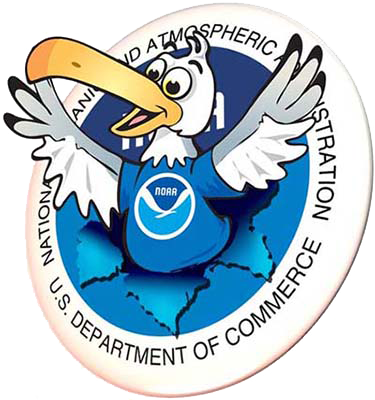A .gov website belongs to an official government organization in the United States.
A lock () or https:// means you've safely connected to the .gov website. Share sensitive information only on official, secure websites.
CSL is totally committed to providing a safe and healthy work environment free from recognized hazards that could cause serious harm or even death.
Occupational Safety in the US is regulated by OSHA (OSHA Act of 1970, 29 CFR 1910.1200(a)(1), 29 CFR 1910, 29 CFR 1960, 29 CFR 1926, 29 CFR Part 1960.46); OSHA set standards apply since 1980 (US Presidential Executive Order 12196) to all US Federal Agencies, aside from the Military. At the DoC NOAA ESRL everyone (including anybody coming into the building: i.e. affiliates, contractors, guests & visitors, vendors) is obliged also to follow DoC OSH guidelines and NAO209-1.
Even though Employees of the State of Colorado (ie CIRES, CIRA) are normally exempted from OSHA, at DSRC and on NOAA projects, they must comply and adhere to CU EHS regulations (CO Governor Executive Order DO122-89) that must be at least as stringent as the OSHA regulations (CO Governor Executive Order DO122-89).

Determined by supervisor, unless Director and/or Program Lead decision overrides it. See the Lab Hazard and Risk Analysis then refer to the Safety Program information for:
Our HCP is designed to provide employee information and training on (1) the hazardous chemicals known to be in the workplace, (2) the methods that will be employed to protect workers, (3) the precautionary methods employees must follow to protect themselves from hazardous chemicals, (4) the detection of a release of hazardous chemicals and (5) emergency procedures to follow should there be a release of hazardous chemicals and/or employee exposure to them.
Our CHP incorporates work practices and procedures required to protect employees from health and physical hazards.
NOAA ESRL possesses a materials license 05-11997-01 from the US Nuclear Regulatory Commission for the use of three radioactive materials: Nickel-63, Polonuim-210, and Americium-241. Of these, CSL is actively using Polonium-210 and Americium-241 in some of our chemical ionization mass spectrometers and aerosol calibration equipment. Polonium-210 is marketed as a "nuclear static eliminator" or "alpha-energy ionizer". Americium-241 is commonly used in smoke detectors. Both Polonium-210 and Americium-241 emit alpha particles and low energy gamma rays. Americium-241 also emits some beta radiation. The risk for exposure to radiation from CSD's devices is quite low since the radioactive material is sealed in a foil and encased in either a stainless steel or tungsten housing.
All CSL employees that work with licensed materials must complete the NOAA ESRL Basic Radiation Safety Training then read and sign the Radioactive Material Training record and submit it to ESRL Radiation Safety Officer through the portal (link provided in the training) before completing the training. In case of an emergency or other questions related to radiation safety, please refer to the Radiation Safety Program . For further information, contact the ESRL Radiation Safety Officer, Brian Vasel.
CSL Safety and Environmental Compliance Manual
NOAA Safety Policy: NAO 209-1A
NOAA Hazard Reporting Tool (CD351)
DoC Boulder Campus Emergency Plans
CSL laboratories DSRC Block A floorplan
CSL Employees on the Job Accidents and/or Injuries
Department of Commerce Learning Center (CLC)
Occupational Safety & Health Administration (OHSA)
OSHA Occupational Noise Exposure Standard
CSL Chemical Surveys
CU EHS Lab & Research Material Safety Data Sheets (MSDS) - Air Liquide SDS or Matheson SDS database search
CSL manages small amounts of hazardous waste in labs in satellite accumulation areas (SAA); SAAs require weekly documented inspections:
NIST BSHED conducts twice annual inspections of the CSL SAAs. Refer to NIST Environmental Compliance - Hazardous Waste for more information.
NIST administers the Universal Waste and Recycling program for all agencies on site, including disposal of aerosol spray cans and batteries. Learn More